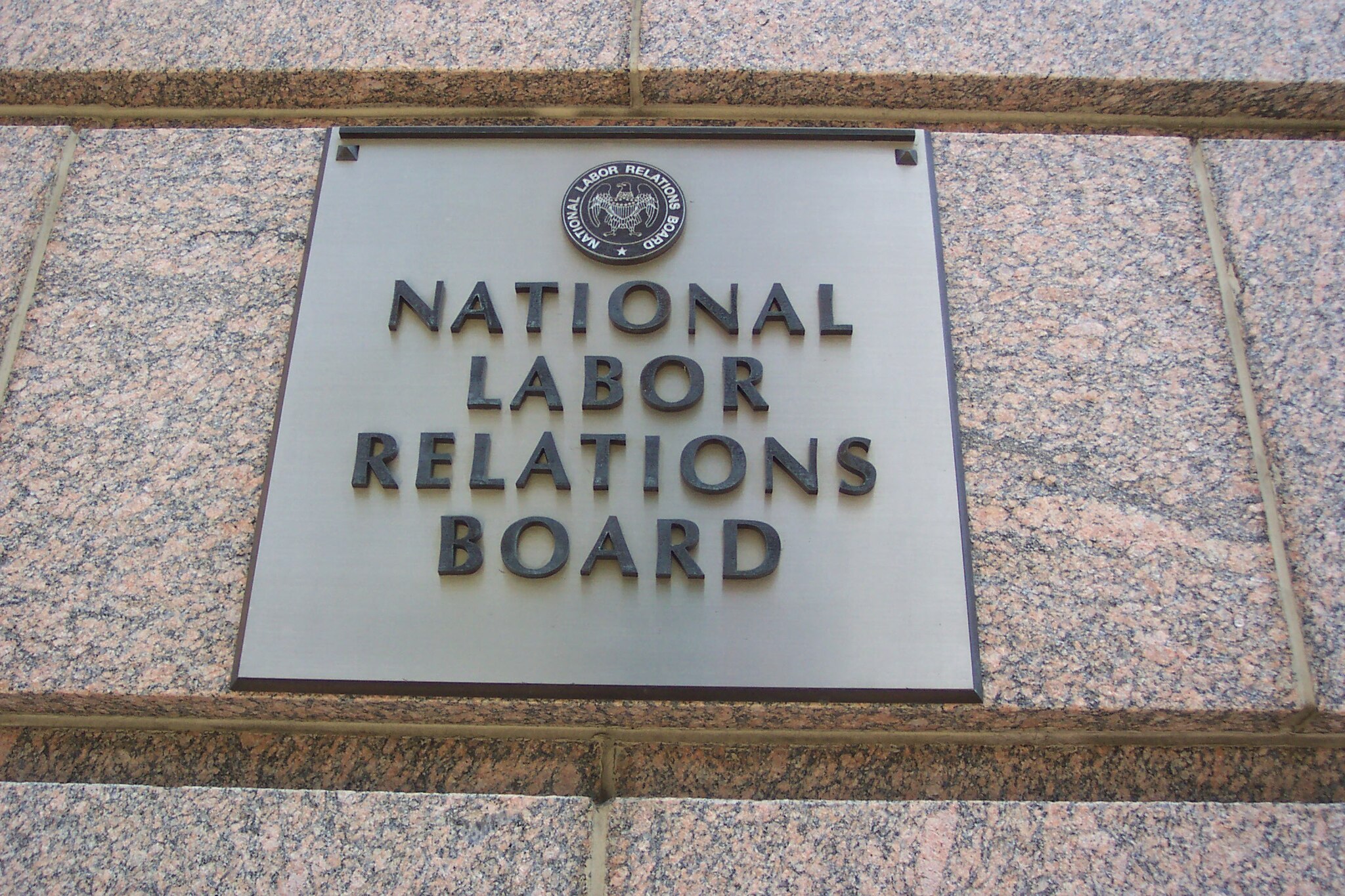
Mila Rostain is a student at Harvard Law School.
In today’s News and Commentary, over 320,000 Utahns sign a petition supporting a referendum to repeal Utah’s law prohibiting public sector collective bargaining, the US District Court for the District of Columbia declines to dismiss claims filed by the AFL-CIO against several government agencies, and the Department of Government Efficiency (DOGE) faces reports that staffers of the agency accessed the NLRB’s sensitive case files.
Protect Utah Workers, a coalition of unions, announced that over 320,000 Utahns had signed a petition supporting a referendum that would repeal HB267, Utah’s newly passed law that prohibits public sector collective bargaining. As Elyse reported, the coalition had to collect 140,748 signatures to put the referendum on the ballot. The 320,000 signatures collected make the campaign the largest in Utah’s history. John Arthur, a teacher and member of the Utah Education Association, said, “I’m used to teaching history, but today we’re out here making it because we turn frustration into action and action into results.” The coalition has not yet confirmed if 8% of registered voters from at least 15 of 29 Senate districts signed the petition as required by Utah law, and the Utah chapter of Americans for Prosperity launched a campaign in support of HB267 urging voters to retract their signatures. Jessica Staufer, registered nurse and president of Utah Health Workers United, CWA Local 7765, told signers “don’t fall for it. If you signed the petition, keep your name . . . if you believe in nurses, teachers, first responders and public workers, stand with us. We are ready for the next fight and we will win.” If enough signatures are verified, Utahns will be able to vote to repeal HB267 in the 2026 general election.
In a memorandum opinion, Judge John D. Bates of the US District Court for the District of Columbia declined to dismiss claims against DOGE, the Department of Labor (DOL), the Department of Health and Human Services (HHS), and the Consumer Financial Protection Bureau (CFPB). The AFL-CIO and member unions had filed the complaint alleging that DOGE operated and directed actions at the agencies without legal authority and that by allowing DOGE staff to access agency systems, the agencies violated preexisting DOL, HHS, and CFPB regulations preventing disclosure of records unless permitted by the Privacy Act. Judge Bates dismissed claims against the agencies that relied on other federal statutes, as well as free-standing Privacy Act claims.
DOGE also faces accusations that DOGE staffers accessed the NLRB’s sensitive case files. According to whistleblower Daniel Berulis, staffers requested their activities not be logged and attempted to cover up their tracks after accessing the information. His disclosure also suggested a spike in data leaving the agency while the DOGE staffers had access. Since NPR first investigated the whistleblowing disclosure Tuesday, DOGE has requested information on NLRB operations and will be assigning a detail of two representatives from DOGE to NLRB headquarters for several months, according to an email from NLRB Director of Administration Lasharn Hamilton obtained by Bloomberg Law.






Daily News & Commentary
Start your day with our roundup of the latest labor developments. See all
February 27
The Ninth Circuit allows Trump to dismantle certain government unions based on national security concerns; and the DOL set to focus enforcement on firms with “outsized market power.”
February 26
Workplace AI regulations proposed in Michigan; en banc D.C. Circuit hears oral argument in CFPB case; white police officers sue Philadelphia over DEI policy.
February 25
OSHA workplace inspections significantly drop in 2025; the Court denies a petition for certiorari to review a Minnesota law banning mandatory anti-union meetings at work; and the Court declines two petitions to determine whether Air Force service members should receive backpay as a result of religious challenges to the now-revoked COVID-19 vaccine mandate.
February 24
In today’s news and commentary, the NLRB uses the Obama-era Browning-Ferris standard, a fired National Park ranger sues the Department of Interior and the National Park Service, the NLRB closes out Amazon’s labor dispute on Staten Island, and OIRA signals changes to the Biden-era independent contractor rule. The NLRB ruled that Browning-Ferris Industries jointly employed […]
February 23
In today’s news and commentary, the Trump administration proposes a rule limiting employment authorization for asylum seekers and Matt Bruenig introduces a new LLM tool analyzing employer rules under Stericycle. Law360 reports that the Trump administration proposed a rule on Friday that would change the employment authorization process for asylum seekers. Under the proposed rule, […]
February 22
A petition for certiorari in Bivens v. Zep, New York nurses end their historic six-week-strike, and Professor Block argues for just cause protections in New York City.